Sodium benzoate xuất hiện rất nhiều trên bảng thành phần của các sản phẩm như thực phẩm đóng hộp, hóa mỹ phẩm, dược phẩm. Tuy nhiên, nhiều người vẫn chưa biết được Sodium benzoate có thực sự an toàn không và ứng dụng của nó như thế nào. Bài viết dưới đây sẽ tổng hợp đầy đủ thông tin chi tiết cho bạn về thành phần này.
1. Tìm hiểu chung về Sodium benzoate
1.1. Sodium benzoate là gì?
Sodium benzoate /Natri benzoat /Benzoat natri là một hợp chất nhân tạo, có kí hiệu là là E211, đóng vai trò là chất bảo quản và chất ức chế ăn mòn trong các sản phẩm thực phẩm, mỹ phẩm. Nó có đặc tính là không mùi, dạng bột tinh thể.
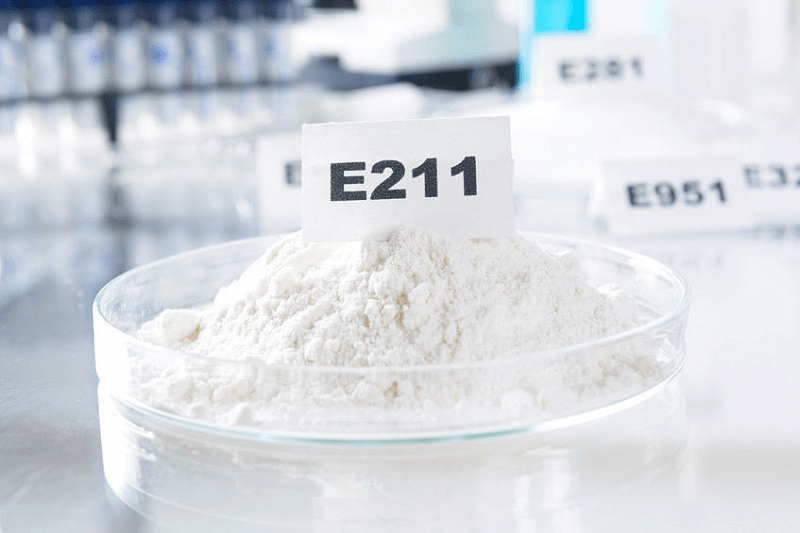
Sodium benzoate không có sẵn trong tự nhiên, để tạo ra hợp chất này cần kết hợp axit benzoic và natri hydroxit. Trong đó, axit benzoic được tìm thấy trong nhiều loại thực vật, bao gồm nam việt quất, đinh hương, cà chua, quả mọng, quế, mận và táo. Ngoài ra, axit benzoic còn được tạo ra nhờ vào quá trình lên men của vi khuẩn có trong các sản phẩm từ sữa như sữa chua. Thành phần này được xem như là một chất bảo quản tự nhiên,kết hợp nó với natri hydroxit giúp hòa tan trong các sản phẩm. Quá trình này tạo ra sodium benzoate, được biết đến nhiều nhất như là chất bảo quản trong các sản phẩm đóng hộp, nước ngọt có ga, mĩ phẩm,…

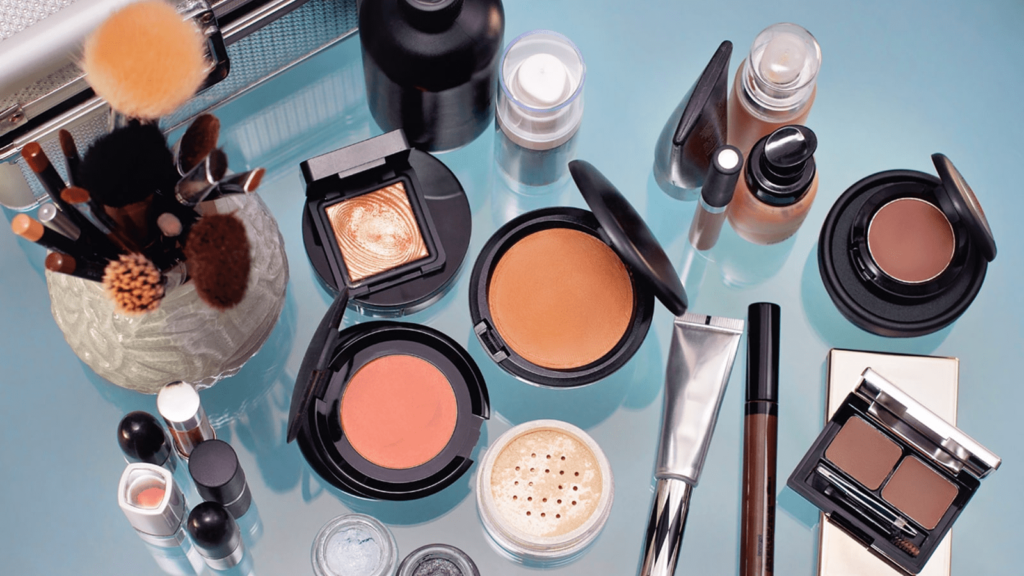
Khám phá thêm: Khăn ướt chất lượng, an toàn 100%, mềm mịn cho da
1.2. Cơ chế hoạt động
Các phân tử không phân ly là nhân tố chính giúp Sodium benzoate hoạt động như một chất bảo quản hiệu quả. Các phân tử này dễ dàng xuyên qua màng tế bào, sau đó tiến sâu vào bên trong vi khuẩn nhờ vào tính ưa béo mạnh mẽ. Sau khi đã xâm nhập thành công, chúng sẽ cản trở sự hấp thụ các axit amin của màng tế bào. Quá trình này khiến enzym không thể tổng hợp, phân giải hoặc hấp thụ chất dinh dưỡng, khiến chúng không thể phát triển được. Từ đó giúp loại bỏ nấm mốc, ức chế các vi sinh vật và hoạt động như một chất bảo quản thực phẩm, dược mỹ phẩm hiệu quả.

So sánh với cơ chế hoạt động của một chất bảo quản phổ biến khác trong các sản phẩm mỹ phẩm là Parabens, có thể thấy cơ chế hoạt động của Sodium benzoate an toàn hơn với cơ thể con người. Các nghiên cứu chỉ ra rằng Parabens loại bỏ vi khuẩn bằng cách làm gián đoạn quá trình vận chuyển qua màng hoặc ức chế quá trình tổng hợp DNA và RNA một số enzym chủ chốt thông qua việc xâm lấn mục tiêu với nồng độ chất diệt khuẩn cao. Do đó, Parabens được đánh giá là dễ dàng loại bỏ các vi sinh vật, nấm mốc, thậm chí là các vi khuẩn gây mụn (Parabens phổ biến trong các sản phẩm mỹ phẩm trị mụn). Tuy nhiên, nó cũng vô hình chung làm rối loạn quá trình tổng hợp DNA và RNA của cơ thể, đặc biệt gây ảnh hưởng lớn đến các hormone estrogen ở nữ. Bởi vậy, Paraben đã bị cấm sử dụng theo thông báo mới nhất của Cục Quản Lý Bộ Y Tế Việt Nam.
Tìm hiểu thêm: Khăn lạnh – Địa chỉ bán khăn lạnh giá sỉ chất lượng hàng đầu Việt Nam
1.3. Công dụng của Sodium benzoate
Ngoài ứng dụng trong thực phẩm chế biến và đồ uống, Sodium benzoate cũng được thêm vào một số loại mỹ phẩm, sản phẩm chăm sóc cá nhân, dược phẩm và các sản phẩm công nghiệp.
1 – Ứng dụng trong ngành sản xuất thực phẩm và đồ uống
Sodium benzoate là chất bảo quản đầu tiên FDA (Tổ chức y tế thế giới, Cơ quan quản lý thực phẩm và dược phẩm của Mỹ) cho phép sử dụng trong thực phẩm và là chất phụ gia thực phẩm được sử dụng rộng rãi. Natri benzoat ngăn chặn sự hư hỏng của thực phẩm bằng cách ức chế sự phát triển của nấm mốc và vi khuẩn có hại khác trong thực phẩm.
Nó đặc biệt có tác dụng trong việc bảo quản thực phẩm có tính axit như nước ngọt, nước chanh đóng chai, dưa chua, thạch, nước sốt salad, nước tương và các loại gia vị khác. Bởi khi trong dung dịch có tính axit cao, Sodium benzoate sẽ phản ứng và tạo thành axit benzoic (thành phần chính tạo nên Sodium benzoate). Do đặc tính không tan trong nước nên axit benzoic có khả năng bảo quản thực phẩm tốt.

Xem thêm: Hệ thống xử lý nước EDI & Công nghệ tạo “nước siêu tinh khiết”
2 – Ứng dụng trong sản xuất mỹ phẩm
Đối với ngành công nghiệp sản xuất mỹ phẩm, Sodium benzoate là thành phần quan trọng đóng vai trò như chất bảo quản, giúp ngăn ngừa sự phát triển của vi khuẩn. Trong một số sản phẩm chăm sóc cá nhân, hoạt chất này không chỉ có tác dụng loại bỏ vi khuẩn, chống nấm mốc, mà còn có khả năng chống ăn mòn. Ví dụ như: Các sản phẩm chăm sóc da, tóc, răng miệng hay các sản phẩm khăn ướt, khăn lau em bé,… Nhờ có hoạt chất này, các thành phần trong mỹ phẩm sẽ không phản ứng với kim loại có trong bao bì như đồng thau, đồng đỏ, nhôm,… , giúp bảo vệ chất lượng cũng như màu sắc của sản phẩm.
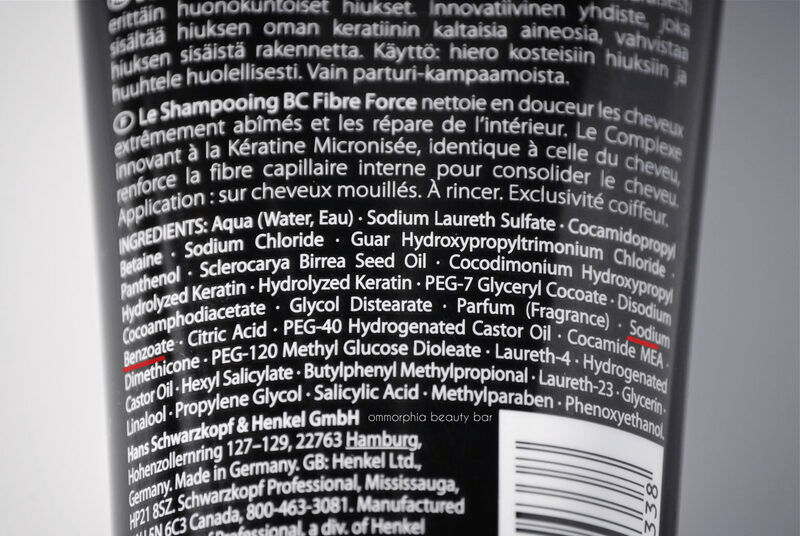
Ngoài ra, với cơ chế diệt khuẩn và chống nấm mốc dựa trên việc hấp thụ axit benzoic vào các tế bào của sinh vật. Khi độ PH trong tế bào giảm xuống 5 hoặc nhỏ hơn, quá trình được gọi là phosphofructokinase (loại enzyme có chức năng xúc tác cho phản ứng gắn nhóm phosphate vào đường fructose – 6 – phosphate) giảm mạnh sẽ được diễn ra nhờ vào sự lên men glucose kỵ khí thông qua các enzyme. Điều này sẽ làm mất đi môi trường phát triển thuận lợi của các vi sinh vật. Từ đó giúp sản phẩm không bị hư hỏng và kéo dài tuổi thọ.
3 – Ứng dụng trong sản xuất dược phẩm
Sodium benzoate được ứng dụng như chất bảo quản trong một số loại thuốc không kê đơn và thuốc kê đơn, đặc biệt là các loại dạng lỏng như xi-rô ho, nhờ vào đặc tính kháng khuẩn hiệu quả.

4 – Ứng dụng khác
Sodium benzoate cũng được sử dụng trong công nghiệp như chất ngăn chặn sự ăn mòn, phổ biến trong động cơ ô tô, xe máy,… nhờ khả năng chống ăn mòn hiệu quả. Ngoài ra, Natri benzoat chính là nguyên liệu tạo ra tiếng nổ khi được nén và đốt cháy trong pháo hoa.

Đọc ngay bài viết liên quan: Gia công khăn ướt, khăn lạnh chất lượng và tối ưu chi phí
2. Sodium benzoate có an toàn không? Tác dụng phụ và những điều cần lưu ý khi dùng
Theo FDA, Sodium benzoate được công nhận an toàn và có thể sử dụng như một chất bảo quản thực phẩm ngăn ngừa vi khuẩn phát triển, với nồng độ tối đa là 1%.

Ở Việt Nam, chất này được quy định sử dụng với hàm lượng dưới 0,05% hoặc dưới 0,2% trọng lượng sản phẩm (tùy theo từng loại sản phẩm). Điều này chứng minh Sodium benzoate là an toàn nếu như được sử dụng đúng nồng độ. Với liều lượng 647-825 mg/kg trọng lượng cơ thể mỗi ngày, Sodium benzoate dễ dàng bài tiết qua nước tiểu, không tích lũy bên trong hay gây ra bất kỳ tác dụng phụ nào.
Bên cạnh đó, các sản phẩm có sử dụng thành phần này như chất bảo quản đều phải ghi rõ trên bao bì để người tiêu dùng tham khảo trước khi mua. Vì thế, luôn luôn nghiên cứu bảng thành phần trước khi chọn mua sản phẩm giúp bạn lựa chọn sản phẩm an toàn và phù hợp với bản thân và gia đình.

Các nguy cơ xảy ra khi nhà sản xuất sử dụng thành phần không đúng nồng độ cho phép
Thực tế, trên thị trường vẫn tồn tại những sản phẩm chứa hàm lượng Sodium benzoate vượt quá nồng độ cho phép. Các nghiên cứu cho thấy natri benzoat với nồng độ cao có thể làm tăng nguy cơ bị viêm, stress oxy hóa, béo phì, ADHD (tăng động giảm chú ý) và dị ứng. Nó cũng có thể chuyển đổi thành Benzen, một chất có khả năng gây ung thư trong một số điều kiện nhất định.
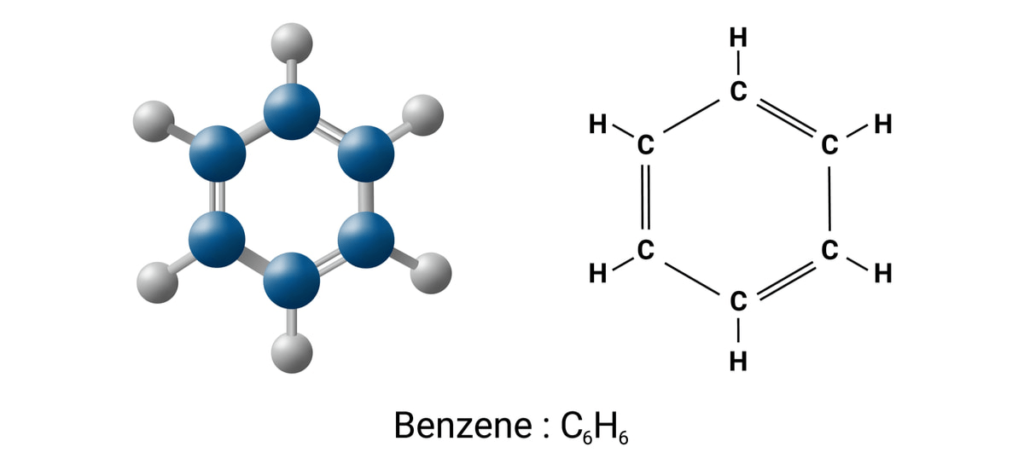
Bài viết tham khảo thêm: Công nghệ lọc nước RO | Ưu, nhược điểm & cơ chế hoạt động
Có thể bị biến đổi thành chất gây ung thư
Một mối quan tâm lớn đối với việc sử dụng Sodium benzoate là khả năng chuyển đổi thành benzen, một chất gây ung thư nguy hiểm, đặc biệt là trong các sản phẩm soda có chứa cả Natri benzoat và Vitamin C (axit ascorbic).
Tuy nhiên, vào năm 2006, sau một cuộc kiểm tra 150 lô nước giải khát có thành phần vitamin C (Ascorbic acid) và có chất bảo quản Sodium Benzoate, cơ quan quản lý thực phẩm Anh quốc đã chứng minh chất này không nguy hiểm đến thế. Kết quả được công bố cho thấy 112 số mẫu không phát hiện có chất Benzen, 38 mẫu có hiện diện chất này với hàm lượng rất thấp, từ 1 – 10 ppb (10 phần tỷ).
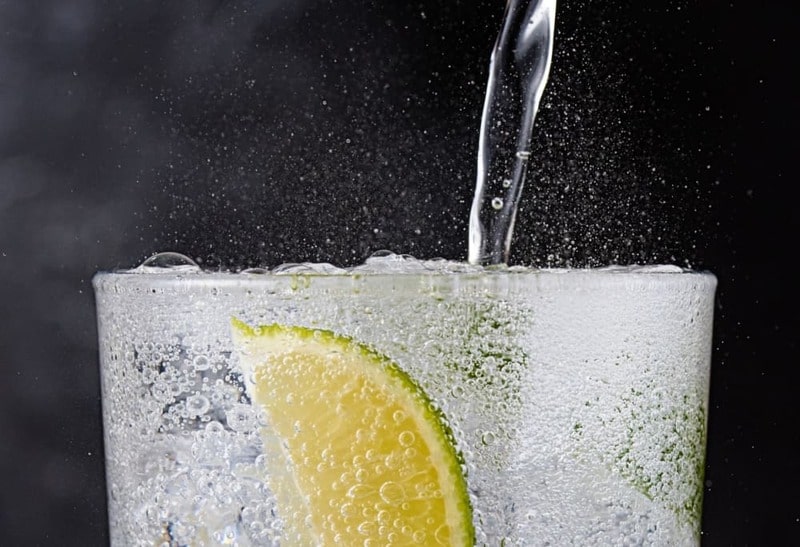
Đối với các sản phẩm mỹ phẩm, các nhà sản xuất tuân thủ các biện pháp an toàn có thể ngăn chặn hiệu quả sự hình thành benzen trong các sản phẩm chứa vitamin C. Bảo vệ sản phẩm khỏi tiếp xúc với ánh sáng và nhiệt cũng hạn chế khả năng hình thành benzen. Nhìn chung, Sodium benzoate là một trong số các thành phần đáng tin cậy nhất trên thị trường và rất an toàn cho người tiêu dùng khi được sử dụng đúng nồng độ cho phép.
Các tác dụng phụ có thể xảy ra
Bên cạnh khả năng biến đổi thành Benzen, các nghiên cứu sơ bộ đã chỉ ra các tác dụng phụ phổ biến khi sử dụng quá mức cho phép Sodium benzoate.
1 – Viêm: Hệ thống miễn dịch tạo ra chứng viêm để bảo vệ cơ thể khỏi nhiễm trùng, chấn thương hoặc bệnh tật. Viêm thường có một vài các triệu chứng dễ gặp như: Đau nhức cơ thể, mệt mỏi, mất ngủ liên tục; lo âu, trầm cảm và các rối loạn tâm trạng khác hoặc nhiễm trùng thường xuyên.
Các nghiên cứu trên động vật cho thấy Sodium benzoate tỷ lệ xảy ra triệu chứng viêm trong cơ thể tỉ lệ thuận với lượng Sodium benzoat tiêu thụ.

2 – Rối loạn tăng động giảm chú ý (ADHD): Một nghiên cứu của các sinh viên đại học đã cho thấy mối liên hệ chặt chẽ giữa ADHD và lượng Sodium benzoate được tiêu thụ. Kết quả là những người sử dụng nhiều đồ uống có chứa Sodium benzoate có biểu hiện gia tăng các triệu chứng ADHD.
3 – Stress oxy hóa: Stress oxy hóa là sự mất cân bằng giữa các gốc tự do và chất chống oxy hóa trong cơ thể. Hiện tượng này xảy ra khi các gốc tự do (bao gồm các phân tử oxi) tăng nhanh, đặc biệt các nghiên cứu chỉ ra rằng nồng độ Sodium benzoate là một trong những nguyên nhân phổ biến gây ra hiện tượng này. Stress oxy hóa khiến sức khỏe suy giảm, các cơ quan hoạt động kém hơn bình thường và làm tăng nguy cơ mắc bệnh mãn tính.

4 – Dị ứng: Sodium benzoate cũng có thể gây ra phản ứng dị ứng ở một nhóm nhỏ. Các biểu hiện thường thấy bao gồm mẩn ngứa, sưng tấy,…Đặc biệt đối với những đối tượng da nhạy cảm như trẻ em thì thành phần này được khuyên là không nên sử dụng dưới bất kỳ hình thức tiếp xúc nào. Trên thị trường hiện nay có rất nhiều sản phẩm không sử dụng thành phần này. Hãy lựa chọn những sản phẩm đó cho em bé nhà bạn nhé.
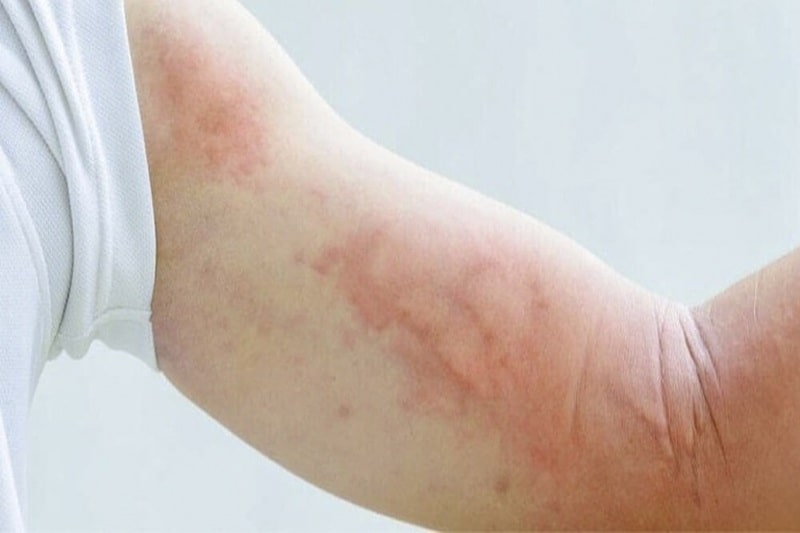
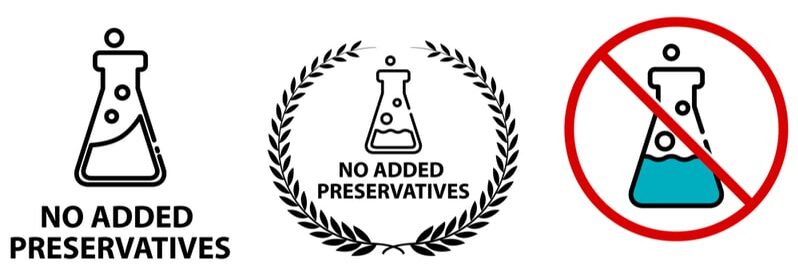
Tìm hiểu ngay: Top 4 khăn ướt không cồn, phù hợp với cả làn da nhạy cảm nhất
Một số ứng dụng tốt của Sodium benzoate
Tuy nhiên, trong một số điều kiện y tế, Sodium benzoate có vai trò rất lớn trong việc điều trị một số loại bệnh nghiêm trọng bao gồm các bệnh như rối loạn hoảng sợ, trầm cảm, tâm thần phân liệt và bệnh đa xơ cứng (MS). Hoạt chất này cũng được chỉ định là liệu pháp bổ trợ ở bệnh nhi và người lớn để điều trị chứng tăng amoniac máu cấp tính và bệnh não liên quan ở bệnh nhân thiếu hụt enzym của chu trình urê.
Mặc dù có những lợi ích tiềm năng, Sodium benzoate có thể có các tác dụng phụ, bao gồm buồn nôn, nôn mửa và đau bụng. Vì những lý do này, natri benzoat chỉ được dùng như một loại thuốc kê đơn với liều lượng được kiểm soát cẩn thận và với sự theo dõi liên tục.
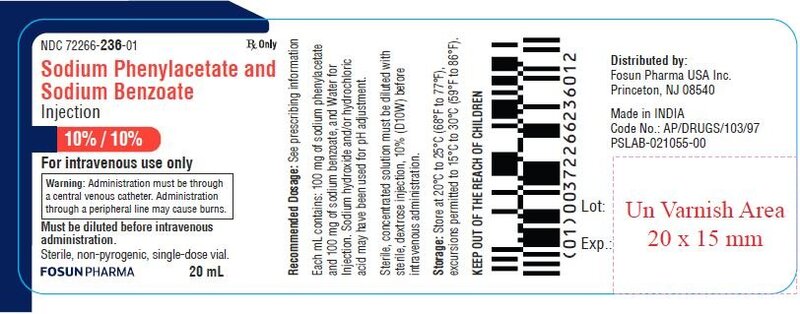
Tìm hiểu thêm về: 3+ mẫu khăn lạnh cao cấp thịnh hành nhất & Địa chỉ sản xuất uy tín
Kết luận về độ an toàn của Sodium benzoate
Với thực phẩm, FDA (Cục quản lý thực phẩm và dược phẩm Hoa Kỳ) khẳng định rằng Sodium Benzoate được công nhận là an toàn (GRAS). Natri benzoat trong thực phẩm sẽ không gây ra ảnh hưởng xấu đến sức khỏe con người nếu dùng với liều lượng từ 647–825 mg/kg mỗi ngày.
Với mỹ phẩm, CIR (hội đồng chuyên gia đánh giá thành phần mỹ phẩm) kết luận rằng thành phần này an toàn để sử dụng. Bạn cần lưu ý khi Sodium benzoate được pha chế, kết hợp cùng với vitamin C, bởi chúng có khả năng tạo thành benzen (một chất gây ung thư). Theo FutureDerm, Benzen hoàn toàn không hình thành trong các sản phẩm mỹ phẩm có hàm lượng vitamin C cao và hàm lượng natri benzoate thấp, bởi vì lượng vitamin C cao hơn khiến nó hoạt động như một chất thu gom gốc tự do thay vì phản ứng với natri benzoate. Các sản phẩm có nồng độ vitamin C cao chứa nhiều tính kiềm thường có độ PH từ 5.7. Các nghiên cứu cũng chỉ ra rằng, đây là môi trường lý tưởng để ngăn chặn sự hình thành benzen, thậm chí độ PH trên 7 sẽ không có benzen nào được hình thành.
Quá trình bảo quản cũng đóng vai trò quan trọng trong việc chống hình thành benzen. Hãy tuân thủ các yêu cầu đến từ nhà sản xuất, chẳng hạn như tránh ánh nắng trực tiếp hay nhiệt độ cao, điều này sẽ giúp sản phẩm của bạn duy trì được chất lượng và đảm bảo an toàn với làn da.
Khám phá thêm: Cơ sở sản xuất khăn ướt hàng đầu Việt Nam
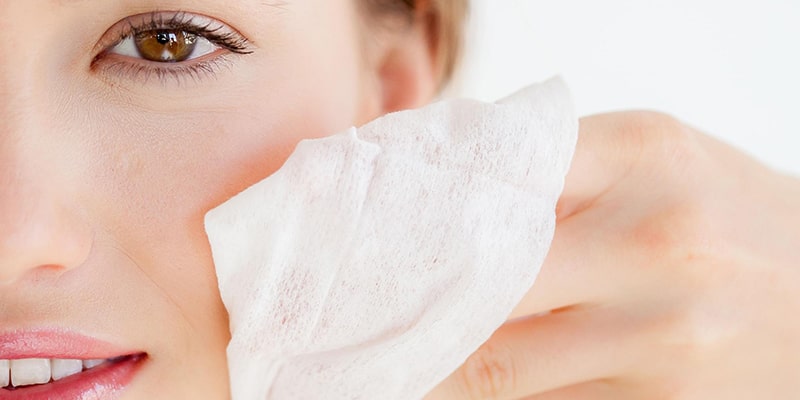
Xem thêm nội dung về: Khăn ướt kháng khuẩn an toàn và được yêu thích hiện nay
Các loại thực phẩm có sử dụng Sodium benzoate nhằm mục đích bảo quản bắt buộc phải công bố rõ liều lượng, thành phần và phải nhận được sự cho phép của các cơ quan chức năng. Việc sử dụng chất này trong liều lượng cho phép không gây nguy hiểm đến sức khỏe của người sử dụng. Nhưng đối với các đối tượng nhạy cảm với hóa chất như trẻ em cần hạn chế đến mức tối đa để tránh trường hợp ảnh hưởng đến sức khỏe và da. Với người tiêu dùng, bạn cần chú ý đọc bảng thành phần bởi thông thường sản phẩm khi đưa chất này vào sẽ cần ghi rõ nồng độ trên bao bì.
Tổng kết lại, Sodium benzoate là chất bảo quản an toàn với cơ thể con người nếu được sử dụng đúng nồng độ cho phép. Hy vọng bài viết trên đã cung cấp thông tin hữu ích cho bạn. Nếu còn thắc mắc nào, để lại bình luận hoặc gọi vào số điện thoại 02437160270 để chúng tôi hỗ trợ bạn tốt nhất!
Tìm hiểu thêm:




